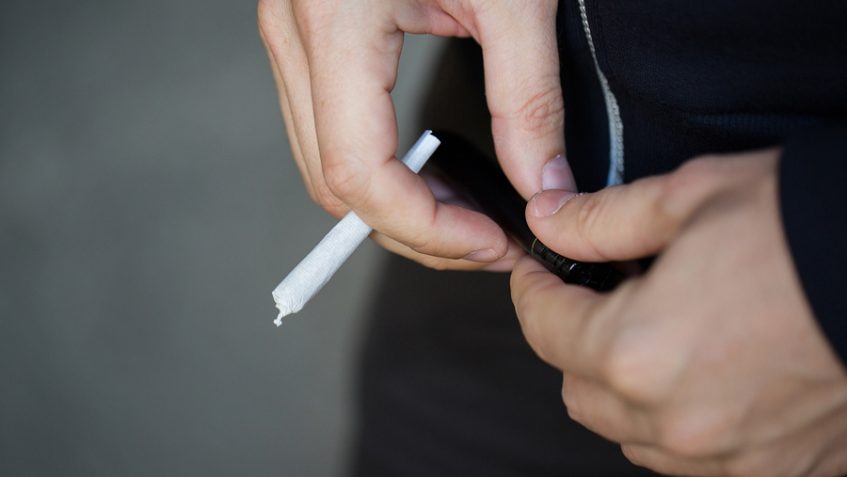A recently published study in JAMA found that insurance claims for self-harm were significantly higher in states with recreational marijuana laws. The analysis consisted of 75,395,344 health plan beneficiaries nationwide who were followed for 17 months. Investigators found that insurance claims related to self-harm were 70% higher in males <21 years and 46% higher in males 21-39 years in states with recreational marijuana laws compared to states without such laws. Self-harm diagnoses were based on ICD-10 codes and included intentional non-suicidal self-harm (eg, cutting) and suicide attempts. The increase was not observed in states where marijuana was legalized for medical but not recreational use.
Drug Free America Foundation epidemiologist Dr. Sharif Mohr remarked, “These unfortunate results are not surprising. Previous research shows that heavy, chronic use of high-potency marijuana products is linked to depression, psychosis, suicidal ideation, and suicide attempts. What’s especially alarming is that the safeguards put in place to keep high-potency pot products out of the hands of youth are clearly not working in states with recreational marijuana laws. The brain isn’t fully developed until the age of 26 so those under 21 are uniquely vulnerable to the harmful effects of high-potency marijuana as evidenced by the higher rate of self-harm claims in the younger age group in this study.”
Dr. Mohr went on to say, “Similar to what has been done in response to the increased risk of suicide associated with SSRI’s, lawmakers should require that all marijuana products carry a black box warning informing consumers of the increased mental health risks associated with use, especially for those under 26.”




